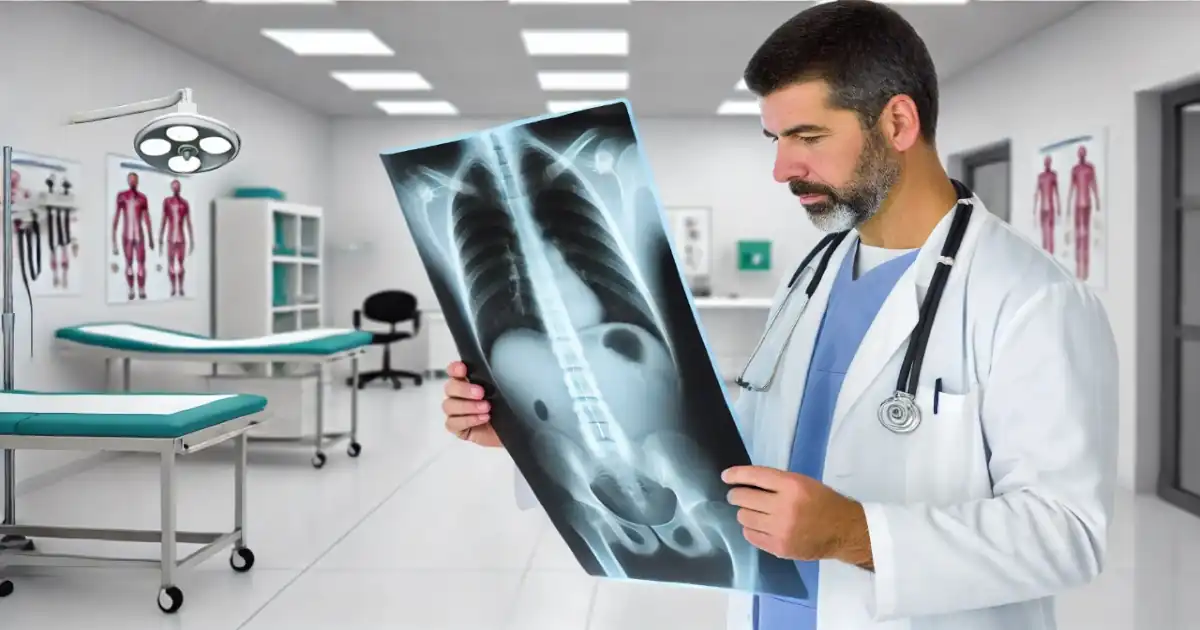How Much Protein Can Your Body Absorb? Understanding Protein Absorption for a Healthy Life

Learn How Much Protein Can Your Body Absorb
Protein is one of the essential nutrients your body needs to stay healthy and strong. It’s like the building block of your muscles, skin, hair, and organs. But have you ever wondered how much protein your body can absorb? Let’s explore what happens when you eat protein and how much your body can take in at once.
What is Protein?
Protein is a nutrient made up of smaller parts called amino acids. These amino acids are like little workers that help your body grow, repair itself, and perform various essential functions. There are 20 different amino acids, nine of which are considered crucial. Your body cannot make them independently, so you must get them from food.
Some familiar sources of protein include:
- Meat (like chicken, beef, and pork)
- Fish (such as salmon and tuna)
- Eggs
- Dairy products (like milk, cheese, and yogurt)
- Beans and legumes (such as lentils and chickpeas)
- Nuts and seeds (like almonds and chia seeds)
What Happens When You Eat Protein?
When you eat protein, your body breaks it down into amino acids. These amino acids are then absorbed into your bloodstream and used for various purposes, like building muscle or repairing tissues. This process mainly happens in your small intestine, which is responsible for absorbing most of the nutrients from the food you eat.
Once the amino acids are in your blood, they travel to different parts of your body where they are needed. For example, if you just exercised, your muscles might need more protein to repair themselves, so the amino acids will head there. If your body doesn’t need the protein right away, it can store it for later use, but it doesn’t store protein the way it stores fat. Excess protein is broken down into waste products and excreted from the body.
How Much Protein Can You Absorb at Once?
One of the most common questions is: how much protein can your body absorb in one sitting? Scientists and health experts have debated this question for a long time, and the answer isn’t as simple as you might think.
The amount of protein your body can absorb at once depends on various factors, including:
- Your Age
As you age, your body absorbs and uses protein less efficiently. Older adults may need more protein to get the same benefits as younger people. - Your Activity Level
If you’re very active, especially if you do a lot of strength training, your muscles will need more protein to repair and grow. Athletes and bodybuilders often require more protein than people who don’t exercise as much. - Your Body Size
More prominent people typically need more protein because they have more muscle mass. Your body will require more amino acids to maintain your muscles and other tissues if you’re bigger. - The Type of Protein You Eat
Different types of protein are absorbed at different rates. For example, animal proteins like meat and eggs are usually absorbed more quickly and efficiently than plant proteins like beans and lentils. Whey protein, often found in protein shakes, is one of the fastest-absorbing proteins. - Meal Composition
Eating protein with other nutrients like fats and carbohydrates might slow down how fast your body absorbs the protein. This is not necessarily bad, as a slower absorption rate can provide a steady stream of amino acids over time.
Is There a Limit to How Much Protein You Can Absorb?
Some experts suggest that your body can only absorb around 20 to 25 grams of protein in one sitting, while others argue that this number can go up to 30 or even 40 grams, depending on your body and lifestyle. However, the real question is not how much protein your body can absorb but how much can be used effectively.
While your body can technically absorb a large amount of protein, it doesn’t mean that consuming excessive amounts all at once will help you build more muscle or improve your health. Your body can only use so much protein once; the rest will be broken down and eliminated. This is why it’s generally recommended to spread your protein intake throughout the day rather than eating a significant amount in one meal.
How Much Protein Do You Need?
The protein you need daily depends on age, activity level, and overall health. The general recommendation is:
- For adults: Around 0.8 grams of protein per kilogram of body weight. For example, weighing 70 kg, you would need about 56 grams of protein daily.
- For athletes or those who do strength training: Around 1.2 to 2.2 grams of protein per kilogram of body weight. This means a 70 kg person might need between 84 to 154 grams of protein daily, depending on their activity level.
- For older adults: Slightly higher than the average recommendation, around 1.0 to 1.2 grams of protein per kilogram of body weight, as their bodies become less efficient at processing protein.
Signs You Might Need More Protein
Your body will inform you in several ways if you’re not getting enough protein. Some common signs of protein deficiency include:
- Muscle weakness or loss: Without enough protein, your body might start breaking down muscle tissue for energy.
- Slow-healing wounds: Protein is needed for tissue repair, so cuts and scrapes may take longer to heal if you need more.
- Frequent infections: Protein plays a role in maintaining a robust immune system. Without enough, you may become more susceptible to infections.
- Hair loss or brittle nails: Protein is a building block for hair and nails, so a lack of protein can lead to thinning hair or brittle nails.
Best Practices for Maximizing Protein Absorption
To get the most out of the protein you eat, here are some tips:
- Spread Out Your Protein Intake
Rather than eating a large amount of protein in one meal, aim to consume moderate amounts at each meal throughout the day. This allows your body to use the protein more efficiently. - Choose High-Quality Proteins
Focus on eating complete proteins that contain all the essential amino acids your body needs. Animal proteins are usually full, but if you’re a vegetarian or vegan, combining different plant proteins (like rice and beans) can help you get all the amino acids you need. - Eat Protein After Exercise
After a workout, your muscles are in repair mode and can benefit from a quick supply of amino acids. A protein-rich snack or meal within 30 minutes to an hour after exercising can help with muscle recovery. - Stay Hydrated
Protein metabolism produces waste products that your body needs to flush out, so ensure you drink enough water to stay hydrated.
Conclusion
Protein is an essential nutrient in keeping your body strong and healthy. While there is no exact limit to how much protein your body can absorb, focusing on how much protein your body can effectively use is essential. By spreading your protein intake throughout the day and choosing high-quality sources, you can ensure your body gets the amino acids it needs to perform at its best. Whether you’re an athlete looking to build muscle or just someone trying to maintain good health, understanding protein absorption can help you make better diet and overall wellness decisions.
Frequently Asked Questions (FAQs)
Can overeating protein be harmful?
Yes, consuming excessive amounts of protein can strain your kidneys and lead to dehydration. Your body needs to flush out the waste produced by protein metabolism. It is important to stick to recommended levels based on age, activity level, and health condition.
How can I tell if I’m not getting enough protein?
Common signs of insufficient protein include muscle loss, slow wound healing, frequent infections, and hair or nail issues. If you notice any of these symptoms, you might want to increase your protein intake.
How much protein should I consume if I’m trying to build muscle?
If you’re looking to build muscle, it’s generally recommended that you consume between 1.2 and 2.2 grams of protein per kilogram of body weight daily, depending on how intense your workouts are. Be sure to spread this intake throughout the day.
Can I absorb more protein by taking supplements?
Protein supplements can help you meet your daily needs, especially if you have trouble getting enough food. However, supplements won’t necessarily help you absorb more than your body can use at a time. Focus on quality sources and timing rather than quantity.
Is it better to get protein from animal or plant sources?
Both animal and plant sources of protein can be beneficial. Animal proteins are complete proteins, meaning they contain all essential amino acids, while plant-based proteins (like beans and rice) can be combined to provide the full range of amino acids.
How soon after exercising should I eat protein?
For optimal muscle recovery, try to consume protein within 30 minutes to an hour after exercising. This will help repair your muscles and promote growth.





